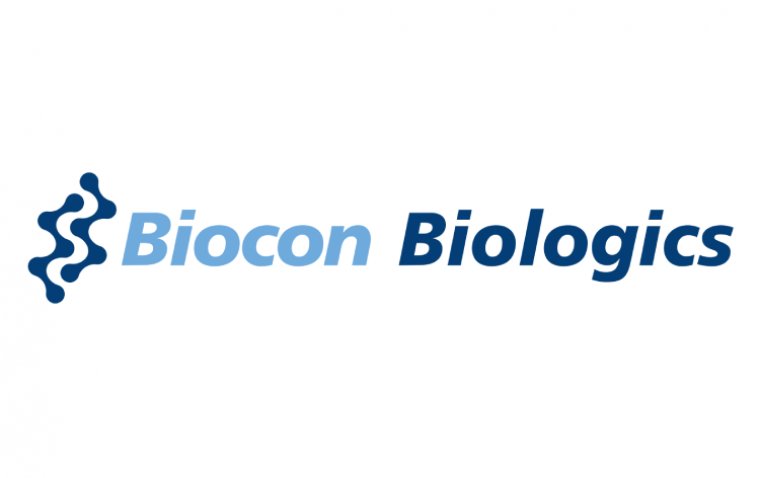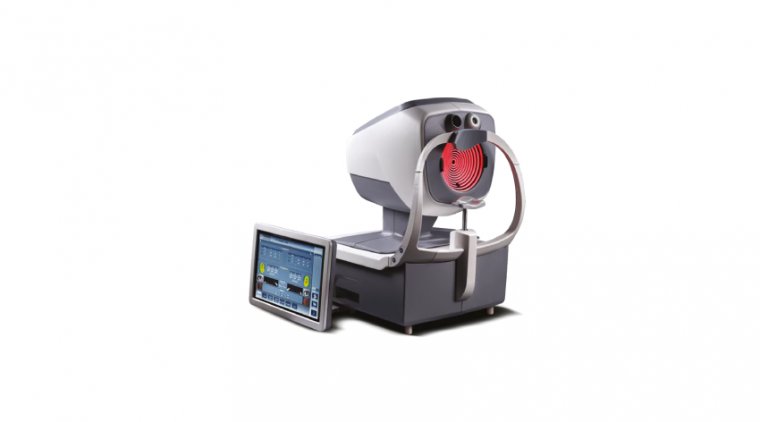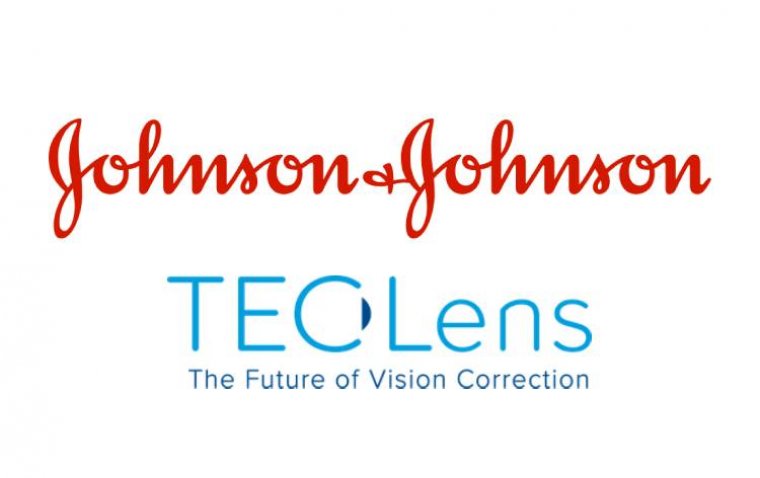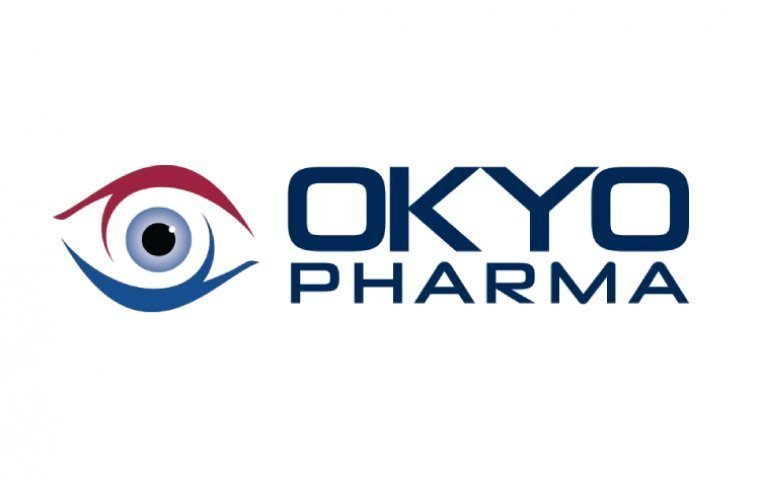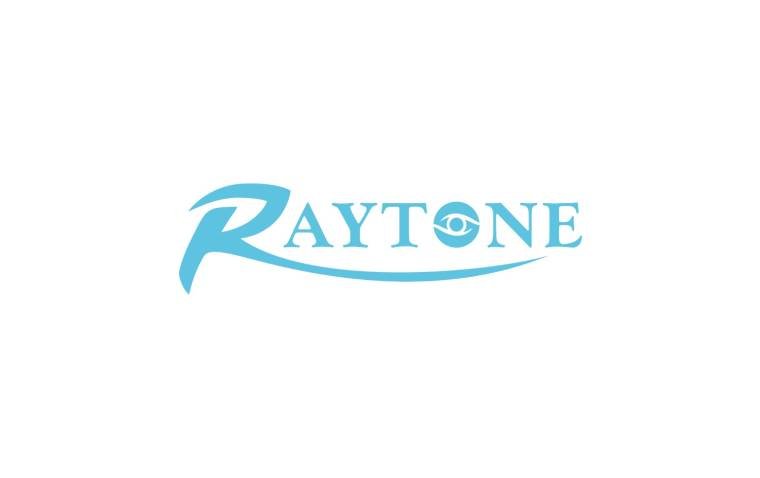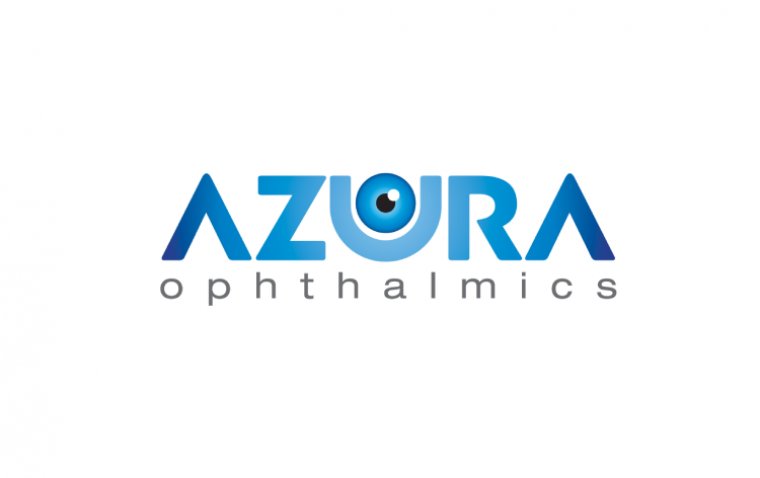
Azura Ophthalmics Reports Successful Phase 2 Trial of AZR-MD-001 for Contact Lens Discomfort
Azura Ophthalmics reported positive top-line efficacy and safety outcomes from a phase 2 investigation of AZR-MD-001 in individuals experiencing Contact Lens Discomfort (CLD) due to challenges in comfortably wearing lenses and demonstrating signs of meibomian gland dysfunction (MGD).
The trial successfully achieved its primary objective, revealing a statistically significant enhancement in meibomian glands yielding liquid secretion (MGYLS; number of open glands). Additionally, the study demonstrated positive outcomes in secondary endpoints, such as improvements in meibum quality (measured by meibomian gland score, MGS), tear stability (measured by tear break-up time, TBUT), ocular surface staining (measured by both fluorescein and lissamine green staining), and contact lens wear time. AZR-MD-001 exhibited a favorable safety profile, with all observed adverse events being mild to moderate in severity, and none leading to treatment discontinuation. Azura notes that this marks the second successful phase 2 study of AZR-MD-001, showcasing significant improvements across various sign and symptom endpoints in MGD patients.
“MGD is the root cause of many downstream ocular surface conditions that impact quality of life and vision for patients, including Contact Lens Discomfort. By opening up blocked glands and improving the quality of the tear film, we believe many of these ocular surface conditions can be resolved,” Marc Gleeson, Chief Executive Officer of Azura, said in a company news release. “In addition to meeting its primary MGYLS endpoint, we are especially encouraged that AZD-MD-001 allowed patients who had given up using contacts to wear their contacts again–safely and comfortably–for an additional 3 hours every day over their normal wear time. We now have two studies showing AZR-MD-001 can improve the signs and symptoms of MGD and we look forward to discussing these results with the FDA as we advance our phase 3 development program.”
Meibomian Gland Dysfunction (MGD) is a persistent condition where the glands in the eyelids become blocked, affecting the quality and quantity of meibum secretions in both upper and lower eyelids. This blockage results in various ocular surface symptoms, such as dryness, pain, irritation, diminished vision quality, and Contact Lens Discomfort. Individuals displaying signs of ocular surface disease, including MGD, often experience difficulty wearing contact lenses for extended periods and may discontinue their use if discomfort becomes too bothersome.
“MGD is one of the causes of Contact Lens Discomfort, and many patients give up on wearing contact lenses altogether due to the irritation they experience. Innovation in contact lens design and materials intended to offer a more comfortable patient experience has stalled, with reports of discomfort at the end of the day being similar for the past 20 years. This leaves patients frustrated and seeking alternative vision correction options,” said Lyndon Jones, PhD, Director and Professor at the Centre for Ocular Research & Education in Ontario, Canada. “With these AZR-MD-001 data, I’m encouraged to see a potential treatment that may address the underlying cause of Contact Lens Discomfort, and I believe my patients would find an extra three hours of comfortable contact lens wear time to be very meaningful.”
(1).jpg)
